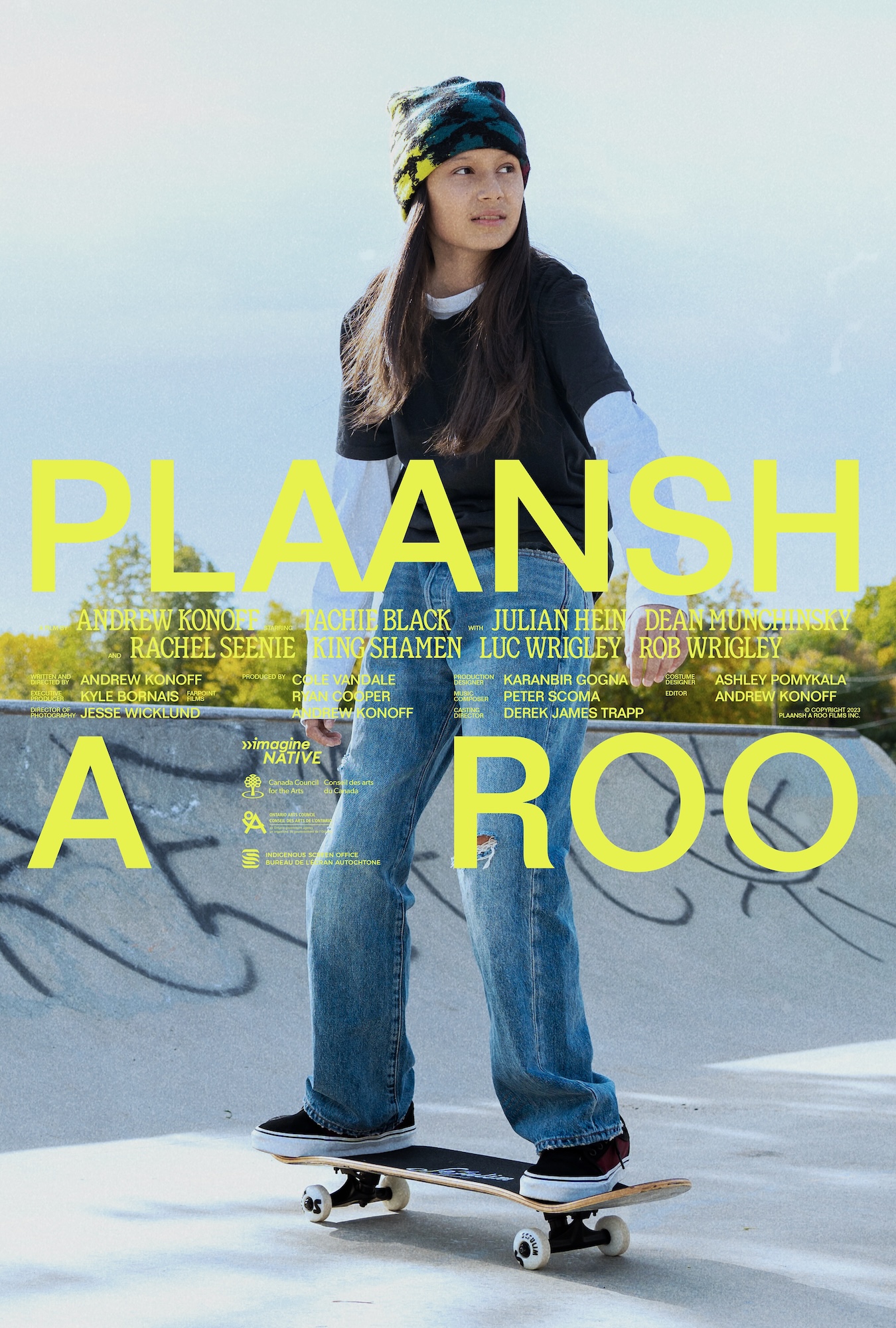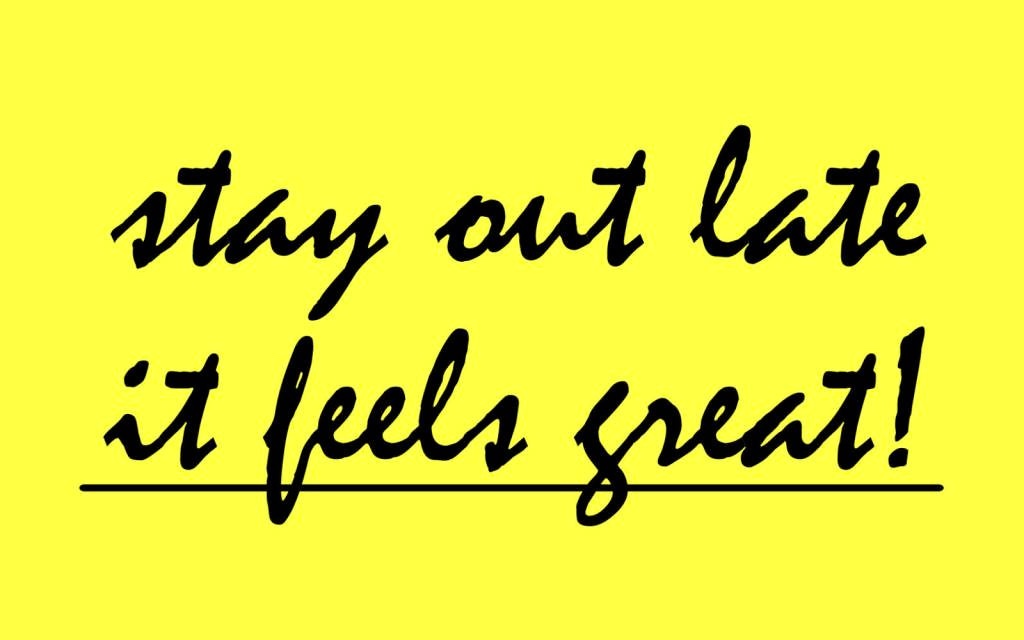My first short

I finished my first short film this year. It’s about a kid – Jonny – who breaks his skateboard. He meets some guys who play his grandpa’s old fiddle tunes, and he figures he might be able to busk to buy a new board. But is that what he really wants?
It’s called Plaansh a Roo. Developed in the imagineNative + Netflix Shorts Lab, and funded by Canada Council for the Arts, the Indigenous Screen Office, and Ontario Arts Council, it’s coming to a film festival near you.
My Adventure in Running the LG Ultrafine 5k Display on Windows 10
I’d ended up with this really nice display that worked well with my USB-C and Thunderbolt 3-having Mac laptop, but I just assumed it would be impossibly hard to get running on Windows, so I just didn’t bother.
But then I found Shantanu Joshi’s helpful post in describing how to get it running, and figured: well, how about I try? In the three years that have passed since that post was published, a few things have changed, but not much, and after a couple false starts, I now have my PC pushing a full 5k, 60hz image! Here’s what I learned.
Read more…The Vancouver Sound

Sure, it may have been more or less constantly grey and soggy from November to April, but Vancouver really did have some stuff that was special. For me, during the three years I lived there, it was this hike up Cypress, and the electronic music scene. There’d be shows posted on the regular from Pacific Rhythm and Vancouver Arts and Leisure, and there were plenty of ways in if you wanted to play your own music, or just to dance.
Resident Advisor did a feature on the Vancouver sound, and they came up with this playlist to capture it. Florist by Marine Drive – track 3 – is especially dope to my ears. Press play, and reminisce with me:
The best part of this scene was that it didn’t close down at 11pm, like everything else in town. Parties would just keep going for as long as there were artists to perform. And artists were really performing. It was the first time I saw people use the tools that I decided I wanted to learn.
This was also a time in my life when I was zipping back and forth between the tech bubble of San Francisco every two weeks. That opened up this hilarious gulf in my life – between showily produced and curated and expensive San Franciscan experiences, and the fully DIY and self-perpetuating-against-all-odds vibe I got from going out to underground spots in Vancouver. At one show (I’m still not sure what to call these things), hosted in a gallery/studio in a Fairview back alley, we got “bottle service” for $25: a bottle of prosecco in a Home Depot bucket.
It was fucking great and humane, probably because it was, at its core, very, very queer. The few stable venues were in Vancouver’s gay village, on Davie.
Actually, at that Fairview show, we nearly didn’t get let in, because (a) we showed up at like 11pm and no one else was there yet, and (b) right as we rolled up, my bud decided to start talking the very specific talk that tech bro executives talk. Why? I don’t know. Maybe there’s something about walking up to an unmarked door in a back alley (they were always unmarked doors in back alleys) that makes us reach, and overreach, for ways to show we’re cool enough to be let in. I still remember them saying: “I think we get to decide if they can go in.”
We were let in, fortunately. The jams didn’t start for another hour.
None of these spots seemed to last more than a couple shows. Vancouver Arts and Leisure shut down, and was displaced by a condo. But the scene kept going.
Feet of Fury
A skate vid 15 years in the making
Meant to be the hottest skate vid of my adolescence. Filmed from 2002 to 2003. It was honestly my very first big, ambitious creative project. I learned (or tried to learn) Final Cut Pro to create it. I spent some time at the Regina Film Pool with their editing room, but never got much further than trying to find sound effects for the slo-mo tricks we aspired to make over sets of stairs that didn’t exist in our town.
What I think I didn’t have, back then, was the capacity to grasp what I had, and accept that as a freedom from my own overbearing expectations. I didn’t have enough content to make a feature length skate film. So I forced my friends to have laboriously long sessions at all our favourite skate spots, until it wasn’t really fun anymore. And then I forced myself to try to turn it into something it wasn’t, in aforementioned editing room.
After all that work, nothing really came of it. But on visiting home last year, I found the DV cam and tapes we’d filmed it on. And I realized, that after all my time making videos as a travel blogger, I might be able to actually create something my younger self would’ve been proud of. I finally had the sense of how to make something into what it should be.
It’s not the Feet of Fury that I thought I’d make. But 15 years later, it’s at least something. It’s a little bit absolution for all the frustration I made for myself with my teenage ambition. And it’s also a model of how to do work, now: by letting things slide.
Read more…Shoutout to the guys at my old coworking space
shoutout to the guy at my old coworking space who tripled his team size with one weird trick: hiring a bunch of beautiful, 20-year-old women as unpaid marketing interns.
shoutout to the two other guys who saw these women come in for work, and who immediately posted ads for marketing interns.
shoutout to the guy at my old coworking space who stole my lunch.
Read more…